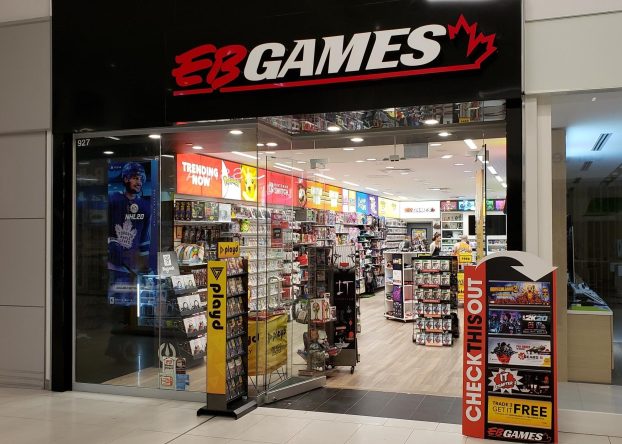Webgate Technologies of Toronto will begin the consumer pilot of its Webgate Internet access kiosk network with the deployment in late February of the first five kiosks in New Brunswick.
Another 60 units will be placed in areas across Canada during the following 60 days.
The kiosks will be placed in a variety of retail and financial locations as well as libraries, universities and post offices in test markets such as northern Ontario, Windsor and London, Ont.
Randolph Steepe, chairman of Webgate, says a decision about an agency to handle test and roll-out advertising will be made in the next month or so.
The Cohen Group of Toronto handled communications for the start-up of Webgate, and Steepe says the company will be considered for the business but because of the national scope and international development of the concept, he says any agency considered has to have international capabilities.
Steepe says Webgate has not been developed as a content provider but rather an access provider.
‘The concept is to distribute 65,000 units across Canada creating a pervasive network of public access kiosks for consumer product delivery and for government – municipal, provincial and federal – services.
‘We believe that 90% of Webgate usage will not be for browsing the Web, but to search for specific information and government services.’
The kiosks have e-mail, photographic, printing and videoconferencing capabilities and a smart card function for making purchases over the Internet.
Some of the corporations providing expertise to the project include Apple Canada, Bell Canada, Kodak Canada, Loyalty Telecom, Netscape, Purolator, Uunet Canada, S&P Data, Sun Microsystems, SHL Systemhouse and Nortel, which is building the kiosks.
On the government side, Industry Canada will use the kiosks initially to provide users access to SchoolNet, the National Graduate Registry and the Electronic Labour Exchange.
Provincial services will include drivers’ licence renewal, motor vehicle licence renewal, as well as the New Brunswick government’s economic development home page.
Use of the kiosks, which have been designed to provide access to the Internet through use of a prepaid card, will be free during the six-to-eight month test period.
Steepe says there will be no charge at any time for access to government services.
When the test has been completed, use of the kiosks will cost 25 cents a minute. Prepaid access cards will be available at retail outlets as well as through a vending component at the kiosk.
Marketers will also be able to brand the access cards and distribute them as incentives and bonuses to customers.
Steepe says Webgate’s goal is to be able to provide five hours of prepaid time on the Internet to each primary and secondary school student in Canada.























